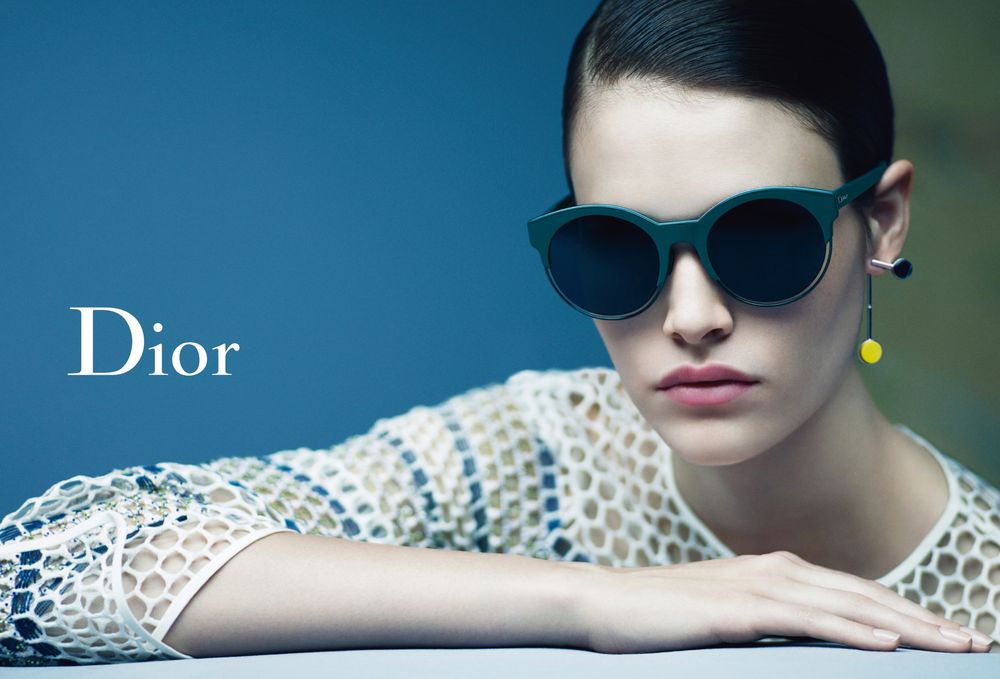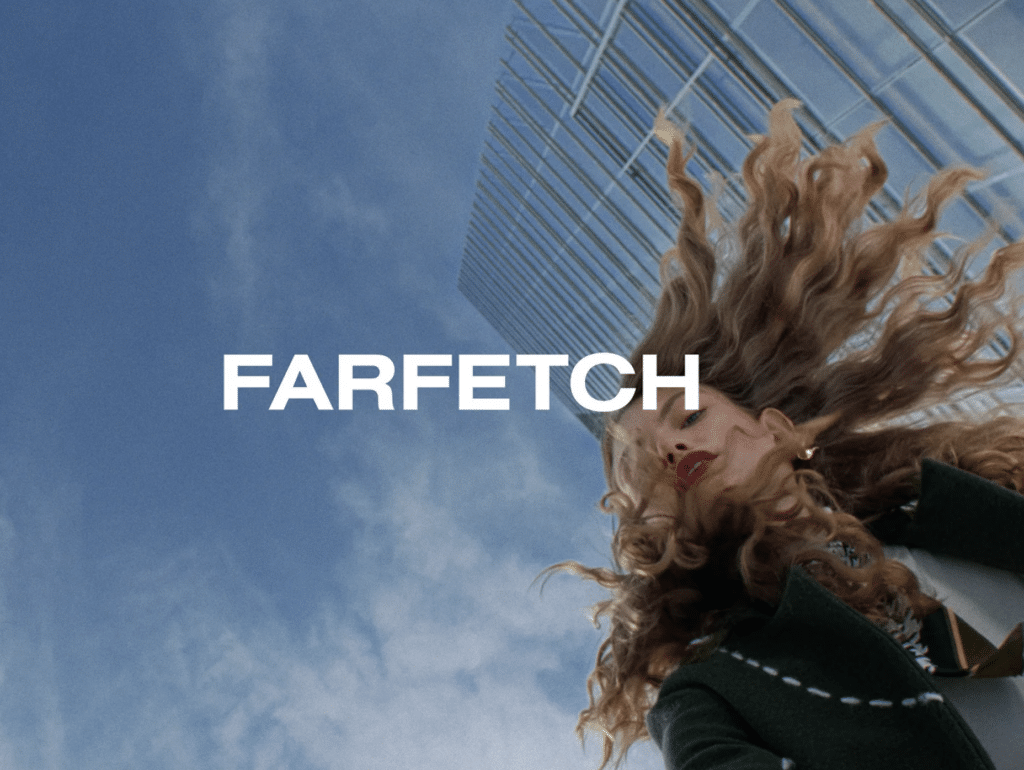Christian Dior eyewear accounted for a whopping 13 percent of Safilo’s 2018 annual revenues of $1.1 billion, making the quickly approaching end of the Paris-based fashion brand’s licensing deal with the Italian eyewear group a particularly significant one. According to Reuters, Dior’s parent company Moët Hennessy Louis Vuitton is expected to assign Dior’s eyewear license “to a joint venture it has with Marcolin, a rival to Safilo” beginning in 2020 in furtherance of its attempt to exercise greater control over the eyewear offerings of its roster of brands and “pocket the profit margins” that had previously been snapped up by third-party licensees.
In February 2017, LVMH and Italy-based Marcolin announced the formation of a “design and manufacturing joint venture,” in which LVMH holds a 51 percent stake. More than that, LVMH announced that it would take a 10 percent stake in Marcolin, itself, which subsequently revealed it will produce the eyewear for LVMH’s Celine and Louis Vuitton brands, with the number of LVMH-specific brands under its umbrella expected to grow over time. The two hope that the venture will result in a tripling of LVMH-branded eyewear to more than 4.5 million pairs of glasses each year.
The Marcolin-LVMH partnership – which, like any other licensing deal, sees brands trade off the right to use their names and logos in certain goods categories, such as eyewear, fragrance, beauty, and jewelry, among others, in exchange for oft-hefty royalties – has proven to be a sizable loss for Safilo. As of 2017, before the enactment of the Marcolin-LVMH venture, Safilo maintained coveted contracts giving it the right to manufacture and market eyewear for LVMH brands that were “worth $366 million, more than a quarter of its annual sales.”
While it is unclear what percentage of LVMH’s annual revenues that the sales from its eyewear licenses amount to, Kering – which first announced in 2014 that would put an end to its license agreement with eyewear maker Safilo and build an eyewear division “to tighten control over the business and gradually take back all of it licenses” – revealed in April that its eyewear division saw a 23% increase in sales for the first quarter of 2019, bringing sales to $145 million, a small but growing portion of the group’s total $4.3 billion revenues for the quarter.
Prior to bringing its eyewear in-house, Kering – which owns Gucci, Saint Laurent, Balenciaga, Bottega Veneta, and Alexander McQueen, among other brands – was reportedly bringing in more than $56 million in annual eyewear licensing royalties.
Both Kering and LVMH’s decision to more closely align themselves with their eyewear manufacturing and marketing comes amidst a larger trend among the industry’s biggest names of bringing traditionally licensed categories, such as eyewear and fragrance, in house in order to better control the image of their brands, diversify their businesses offerings, and boost sales on internally-made products.
However, it is worth noting that no small number of high fashion brands continue to rely on licensing deals to reap boost their bottom lines. The brand partners that eyewear giant Luxottica boasts – such as Burberry, Chanel, Coach, Dolce & Gabbana, Miu Miu, Prada, Versace, and Valentino, etc., and the ones that cosmetics company Interparums maintains – such as Coach, Jimmy Choo, Karl Lagerfeld, Lanvin, Oscar de la Renta, and Rochas, among others, plus those held by Coty – which produces fragrances for Burberry, Marc Jacobs, Gucci, Miu Miu, Balenciaga, Alexander McQueen, and Jil Sander, among others), demonstrate that many big names certainly are not shunning the practice at all.











